The Earth Transformed: An Untold History
£23.80£28.50 (-16%)
A BBC RADIO 4 BOOK OF THE WEEK | AN INSTANT #2 SUNDAY TIMES BESTSELLER
‘Humanity has transformed the Earth: Frankopan transforms our understanding of history’ Financial Times
‘Vast, learned and timely work’ Sunday Times
——
From the international bestselling author of The Silk Roads comes a major history of how a changing climate has dramatically shaped the development-and demise-of civilisations across time.
When we think about history, we rarely pay much attention to the most destructive floods, the worst winters, the most devastating droughts or the ways that ecosystems have changed over time.
In The Earth Transformed, Peter Frankopan, one of the world’s leading historians, shows that the natural environment is a crucial, if not the defining, factor in global history – and not just of humankind. Volcanic eruptions, solar activities, atmospheric, oceanic and other shifts, as well as anthropogenic behaviour, are fundamental parts of the past and the present. In this magnificent and groundbreaking book, we learn about the origins of our species: about the development of religion and language and their relationships with the environment; about how the desire to centralise agricultural surplus formed the origins of the bureaucratic state; about how growing demands for harvests resulted in the increased shipment of enslaved peoples; about how efforts to understand and manipulate the weather have a long and deep history. All provide lessons of profound importance as we face a precarious future of rapid global warming.
Taking us from the Big Bang to the present day and beyond, The Earth Transformed forces us to reckon with humankind’s continuing efforts to make sense of the natural world.
—–
‘This is epic, gripping, original history that leaps off the page’ Sathnam Sanghera, author of Empireland
‘All Historians aiming to tell a narrative face the problem of when exactly to start it. Only Peter Frankopan would go back 2.5 billion years to the Great Oxidation Event’ Tom Holland
A 2023 HIGHLIGHT FOR: BBC NEWS * SUNDAY TIMES CULTURE * FINANCIAL TIMES * NEW EUROPEAN * GUARDIAN * NEW STATESMAN * THE TIMES * THE WEEK * WATERSTONES * BLACKWELL’S
Read more
Additional information
| Publisher | 1st edition (2 Mar. 2023), Bloomsbury Publishing |
|---|---|
| Language | English |
| Hardcover | 736 pages |
| ISBN-10 | 1526622564 |
| ISBN-13 | 978-1526622563 |
| Dimensions | 20.3 x 25.4 x 4.7 cm |

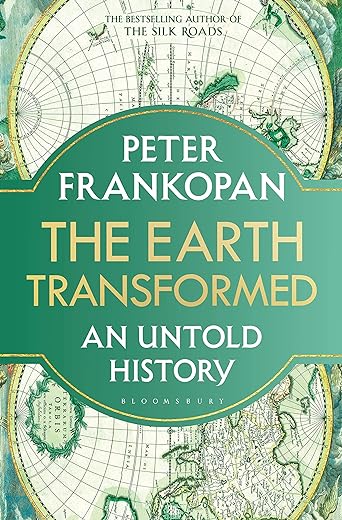
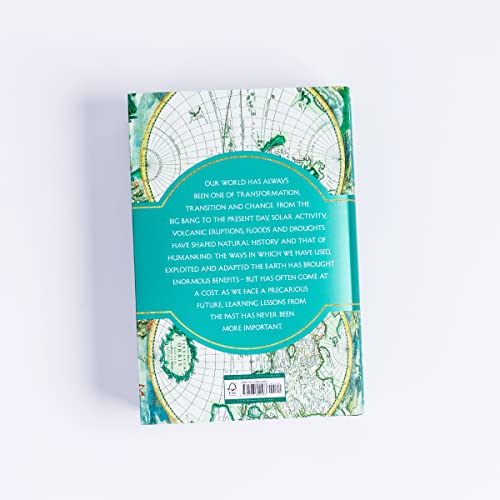
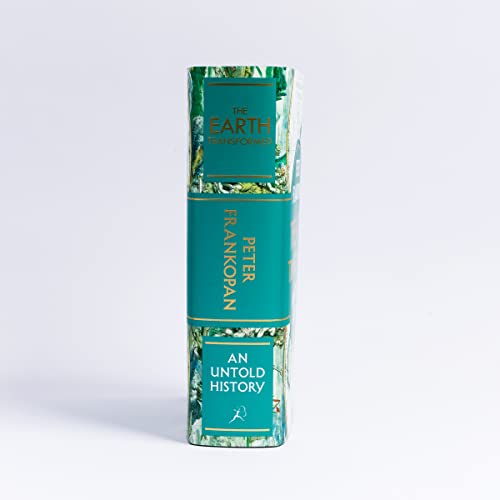
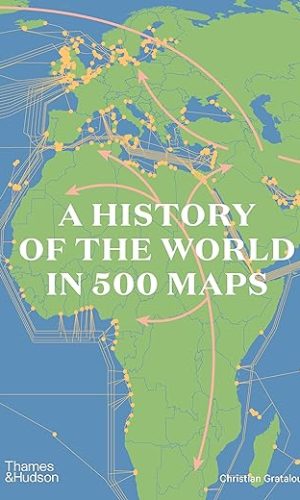
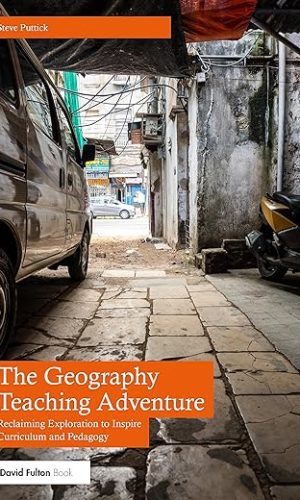
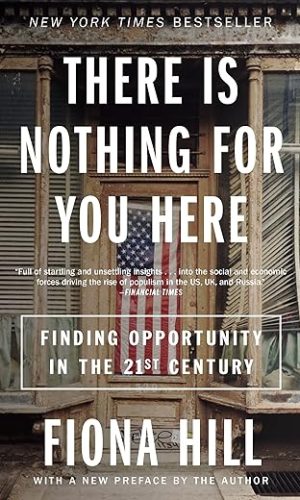
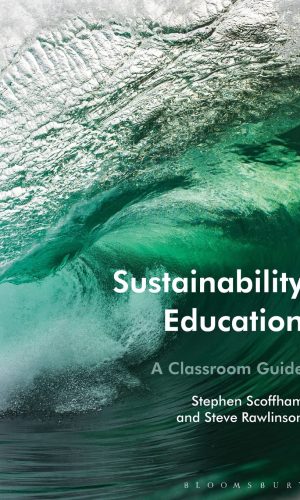
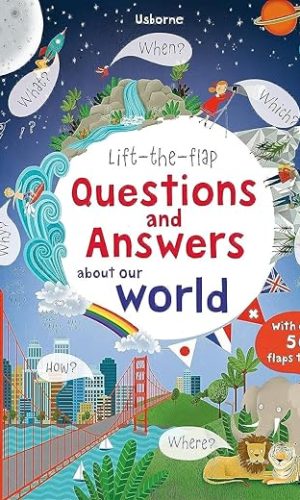
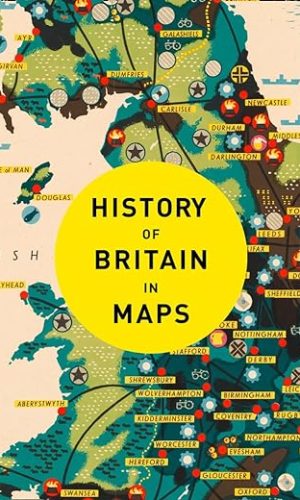

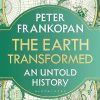
by Wahalla
Loved Frankopan Silk Road. So bought this as it was cheap. Won’t read for a year at least. Listened to it as book of the week on BBC with that bloke from thar English custom drama all the women like, but puts all the men to sleep ???? (don’t women know most would be below stairs and subject to terrible working conditions and sexual harassment) . Oh the narrator starred in Paddington named after a chocolate bar Bonninville so is no doubt related to a colonial exploited.
Will read one day.
by jon43jon
I like the book, it is worth reading. I don’t like the way he jumps from china to India to Europe. But have said that climate change has happened before and he explains this very well.
by Brynjolfur T.
This book claims to be about the interaction between humans and human civilisation on the one hand, and climatic change on the other. A very topical topic, and a tempting bait to all who worry about the future of mankind.
One of the first thing one notices is that the book is very long – 694 pages in large format, an estimated 300.000 words (which would clock in at well over 1000 pages in standard Paperback format – even the most prolific of modern-day novelist dare not publish books of that size).
Now don’t get me wrong – I love long books, being a voracious and very eclectic reader of fiction and non-fiction. My preferred category of books are those that tackle the whole world, and the entirity of human history. Jared Diamond’s “Guns, Germs and Steel” and Yuvel Noah Harari’s “A Short History of Human Kind” spring to mind.
So imagine my excitement at recieving this door-stopping tome of global enviromental history. I dug in at full speed, but with rapidly lowering enthusiasm. The fist day I managed to finish the introduction and the first chapter and a half before throwing the book away in exasperation. I decided to give it another go, and then a third, and all in all I managed to finish almost a third of the book, although I must admit that towards the end I was simply skimming, to see whether any nuggets of gold might be hidden in the dross.
So what is wrong with this book? Firstly, the writing style. It is extremely formulaic, and is based on what appears to be the following:
Use Google to find X papers on a given subject.
Rephrase the introduction and conclusion of each paper into a factoid of 100 words or less.
Glue these unrelated factoids together with a bit of meaningless verbiage.
Basically the book can be described by the formula (factoid^n
This makes for very tedious reading, with seemingly random jumps from one part of the world to another, with claims being made and even redacted within the same paragraph only to be totally ignored in the next, with no coherence or overall arch of storytelling or at least theorizing.
My second problem with the book is that the author absolutely misses out on several very important points.
The author seems totally unaware of the glacial / interglacial rythm of the last couple of million years, and how this could tie in with the evolution of modern humans, and the waves of spread of Neanderthals and Homo Erectus before that. He does mention Milankovitch at one point, but doesn’t seem to understand the implication!
Although he does mention the very exciting (although not generally accepted) theory of pre-industrial human-induced GHG release and sequestratration as an explanation for climatic variation during the Holocene, he then totally neglects to follow up on this. Here is a very rich seam of exploration for the overall topic of the book, only to be almost totally dismissed. Deforestation due to population increase and reforestation due to population collapse, and the concomitant changes in agriculture, are very interesting climatic feed-back mechanism with potentially explanatory capabilities that could have ben investigated and synthesised into a coherent narrative. But not in this man’s book!
He (almost) totally ignores the deforestation of the Mediterranean seaboard during pre-classical times, with the resultant silting of previously decent harbours, which led to repeated failure of Greek and Punic colonisation. Also whether the massive deforestation of Northern Africa during Roman times may have caused the Roman Climatic Optimum, or been a factor in the consequential drying up of the North-African littoral and the collapse of it’s agricultural potential.
I did say almost in that last paragraph. He does mention it but then dismisses it without any real justification, flying in the head of generations of research.
A minor quibble are the strange errors that litter the book, mostly apparent in very strange dating errors. In one place he claims that the Indian subcontinent broke away from Africa 1 million years ago. Another has the minor climatic optimum of the last glacial period, and the consequential cooling, at 450.000 BP in stead of 45.000 BP – and blamed on volcanism, which seems to be his preferred explanation for everything.
I decided to stop reading the book because I was sure I would be increasingly exasperated by a growing tide of errors, and a total lack of context, coherence and historiographical analysis.
by simon beale
Having read Silk Roads I knew I would be in for a similar epic with The Earth Transformed. The author has a gift for telling stories on a global scale and is pushing that to the limit with this book. I was initially trying to keep track of the shifts and switches between civilisations but found this hard to keep track of and this is when I realised because I was thinking on too small a scale. This book comes into its own when you widen your conceptual sense and take a truly global view. Settlements, city states and nations are just parts of the stage on which this book is set. Examples are not there to tell the story of any one state, empire or peoples, but the wider planetary narrative.
The book is about how the people cope with the story the planet is telling. Humanities fluctuating fortunes when faced with changing climate and environmental conditions is what emerged as the central thread. The imagery of networks and connectivity appears often in the book, time and again these networks were being stress tested by the demands that were placed on it and those that were not able to respond fell, whilst others survived or flourished.
As a history teacher I will now be thinking hard about how to synthesise the messages from this book so that I can put it into my lessons.
by Robert Macdonald
I was brought up to think history was about monarchs, Generals and geniuses. And I always felt this wasn’t history. The Earth Transformed tells a meaningful global history – about people, societies and civilisations. As the author says, the environment (and especially climate and weather) isn’t just an actor on the stage that most histories ignore – it is the stage, and when the stage collapses (which it often does) the show can’t go on.
Arguing that climate has repeatedly brought down civilisations has become overly fashionable but this isn’t the line this book takes – societies collapse when they fail to respond to climate or prepare for adverse weather, and they are then replaced by more appropriate ones. Time after time, this is what we can learn from history. Time after time, we ignore the lesson.
The Earth Transformed has been criticised as lacking a clear and convincing central message. But this is exactly the point. History is messy. Human society is messy. Real life ain’t simple. It’s so refreshing to read a grown up book that doesn’t grasp for populist platitudes.
There are flaws in this book. Sometimes, the author’s love of history cause him to stray from his central theses. And in the final chapters, he seems unable to get across the magnitude of the impact of our current ‘Great Acceleration’ and how the risks we are exposed to now dwarf those of former civilisations. I also think he has missed an opportunity to draw out comparisons between our current predicament and those that human societies have faced in the past. So his very last chapter is less history and more environmental polemic (and therefore more derivative than it could be).
But it is nonetheless a monumental, sweeping, illuminating, intelligent, challenging, rewarding, masterful and astonishing achievement.